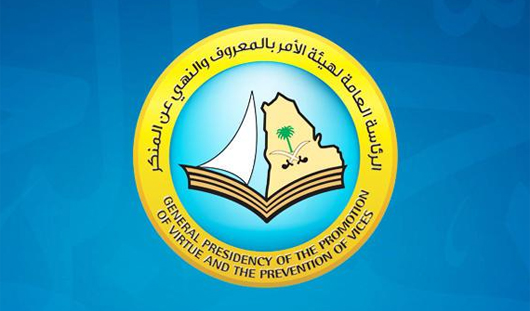Jeddah, Dec 18: An Indian expatriate has helped the Commission for the Promotion of Virtue and the Prevention of Vice (Haia) over the past 20 years uncover 1,300 violations, mostly related to the production and sale of alcohol, according to a local publication.

Mohnish, 52, who has spent about 10 years living in Al-Ahsa, said he was a Hindu who became Muslim after arriving in the Kingdom. He had decided to help the Haia before converting to Islam because he was opposed to people carrying out illegal activities, according to the report.
“After I got the visa to work in the Kingdom, I decided that I should comply with the residency and labor regulations in the country to live a decent and good life.”
“I did not get married so that I could provide a decent life for my family in India, help my mother buy necessities for her house, and help my brothers marry because I am the eldest.”
He said taking up such responsibilities at an early age made him wonder why expatriates were leaving their homes and families to work abroad but were willing to disrespect and violate the laws of the country that was sustaining them.
He had been motivated by a sense of morality; and because he wanted to stop people breaking the law, which was have a damaging effect on the reputation of law-abiding fellow compatriots.
He said living in Al-Ahsa allowed him to see how true Muslims lived, and he then started reading more about Islam and attending the lectures of local preachers.
“I felt my heart was at peace and became convinced that I should convert to Islam. Haia members helped me and I uttered the two declarations of faith,” he said.






Comments
Add new comment